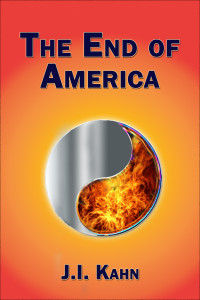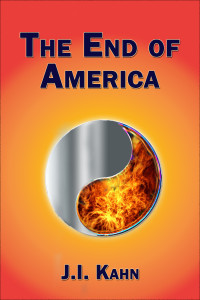CHAPTER 4
Jesus the Christ
(Short summary of life and death).
King Herod (The Butcher, The Great, Herod I) https://en.wikipedia.org/wiki/Herod_the_Great is replaced by his son Herod Archaleus, who is replaced by Antipas, also called King Herod but who was commonly called Antipas. http://en.wikipedia.org/wiki/Herod_Antipas
Jesus died on the Italian Roman Cross, (by His own choice), as ordered by Rome, Italy, who King Herod worked for, and Herod deliberately worked closely with Caiaphas as the High Priest, who heavily influenced the Pharisees (who believed in the Resurrection – so they were fair you see), and the Sadducees (who did not believe in the Resurrection (so they were sad you see). So the order to kill Jesus came from Rome, Italy, consisting of (Gentiles), carried out by Herod, and a few Jews (maybe 200 or so). The majority of the Jews did not appear to be involved. As far as Rome was concerned Jesus was a political insurrectionist (anybody who could feed first 4000 than 5000 men, plus the women and children at one sitting was a huge threat).
Jesus died on a cross on a hill called Golgotha (place of the skull) at the time.
Did Jesus Fulfil and Abolish the Torah and the Prophecies?
Matthew 5:17 “Do not think that I have come to abolish the Law or the Prophets; I have not come to abolish them but to fulfill them.
18 I tell you the truth, until heaven and earth disappear, not the smallest letter, not the least stroke of a pen, will by any means disappear from the Law until everything is accomplished.
19 Anyone who breaks one of the least of these commandments and teaches others to do the same will be called least in the kingdom of heaven, but whoever practices and teaches these commands will be called great in the kingdom of heaven.
David Stern (publishing noted above), states: “The common Greek word plerosai means “to fill”. At Matt. 5:17, most translations render it “to fulfill”. The theological implications often drawn is that Yeshua fulfilled all the prophecies of the Tanakh, so that none remain today for the Jews, and that He obeyed every relevant Torah command, so that no one needs to observe the Torah today.
But these conclusions do not follow logically, and in fact they contradict Yeshua’s immediately preceding statement that He did not come to abolish (or destroy) the Torah. More fundamental, however, is the translation issue of whether plesosai ought to be rendered “to fulfill” at all.
“My view is that Yeshua came not to fulfill, but to fill the Torah and the ethical pronouncement of the Prophets full with their complete meaning so that everyone can know all that obedience entails. ———-”Interestingly, this understanding is concordant with Jewish tradition, which says that when the Messiah comes He will both explain obscure passages of Torah and actually change it”.
“Therefore the Complete Jewish Bible (CJB) states that the New Covenant, ‘has been given as Torah on the basis of better promises’. This not only strengthens the theological contention that the Torah remains in force, but makes it clear that the New Covenant given through Yeshua is Torah just as much as the Sianaitic Covenant given through Moshe”. (Moses).
He further states: “Works of the Law” and “Under the Law”; Is the Torah Legalistic? The Greek phrases erga nomou and upo nomon were coined by Sha’ul (Paul), and used by him in three of his letters – Romans, Galatians and 1 Corinthians; each appears ten times in the New Testament. They are usually translated “works of the law” and “under the law” respectively.

